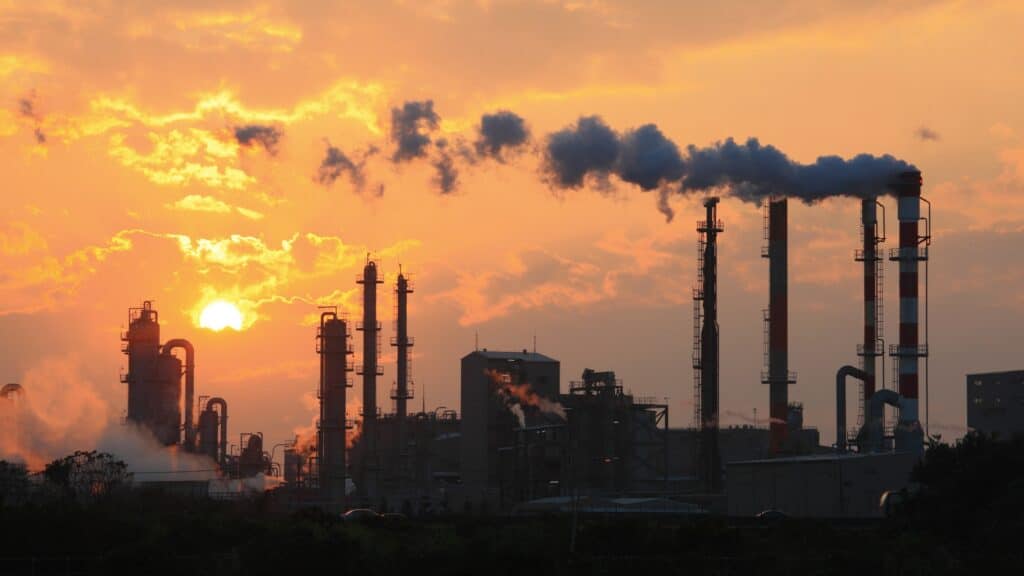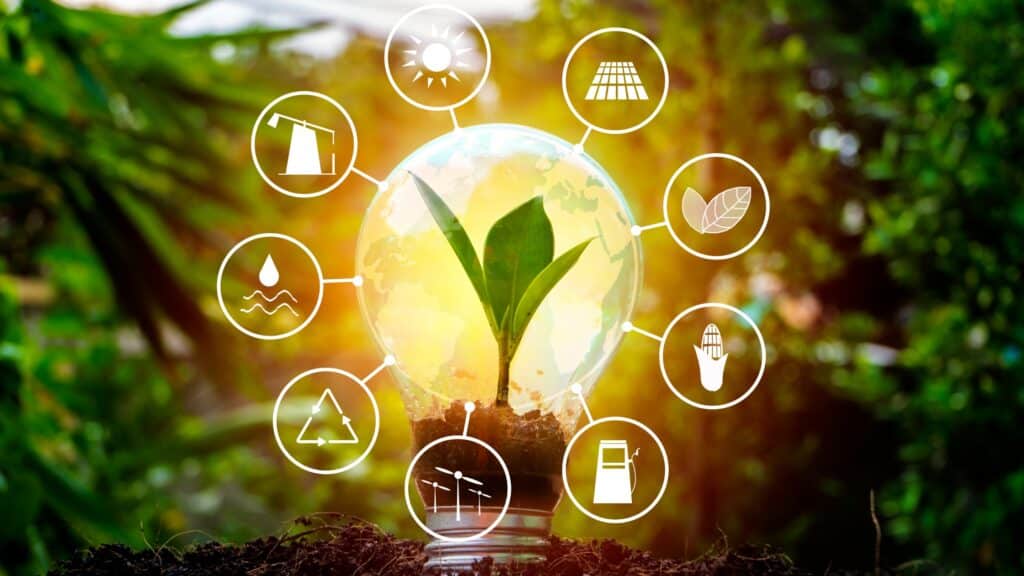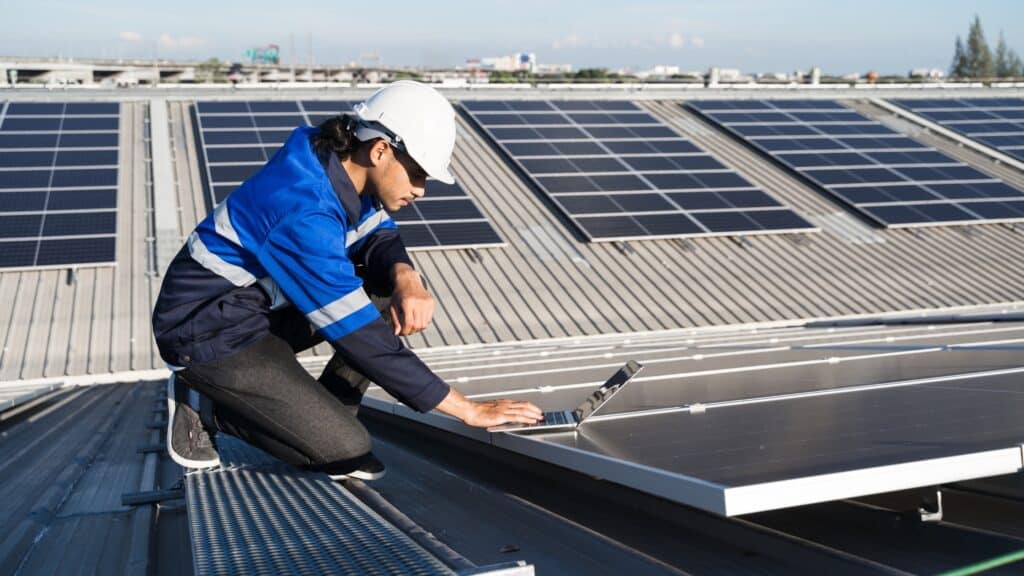According to data compiled by Enerdata, energy consumption in the world in 2022 will be reduced by half compared to the previous year. While in Mexico, it presented a slight increase of 2.4%.
Energy consumption is an essential part of our modern life, but its impact on the environment is undeniable. As our society becomes increasingly dependent on electricity, it is crucial to understand the implications of our energy consumption and seek ways to mitigate its negative impact on the natural environment.
Learn more about this topic in this article we have designed for you.
Energy balance: benefits and challenges
Energy consumption, when managed efficiently, brings a number of crucial benefits to society. It facilitates technological development, improves quality of life and enables the global economy to function.
However, the current model of energy production and consumption entails significant risks such as air pollution, dependence on non-renewable resources and impact on biodiversity.
The generation of energy from fossil fuels emits air pollutants that contribute to poor air quality and climate change. On the other hand, overexploitation of non-renewable resources such as oil and natural gas depletes these finite resources.
An issue of great urgency for many nations is the construction and operation of energy infrastructure, which can have a negative impact on local ecosystems and wildlife if not properly planned and analyzed.

NGOs and government agencies: drivers of sustainability
The promotion of sustainable practices in energy consumption is a goal shared by numerous organizations and governmental entities. Some of the most prominent sources of information include:
- The U.S. Environmental Protection Agency (EPA), for example, offers comprehensive resources on energy efficiency and ways to reduce the environmental impact of energy consumption.
- Greenpeace, known for its environmental advocacy, offers valuable reports on the relationship between energy and climate change.
- Meanwhile, the World Wildlife Fund (WWF) focuses on nature conservation and offers detailed research on the ecological footprint of different forms of energy generation.
- The National Commission for the Efficient Use of Energy (CONUEE, Mexico) is a Mexican government agency that aims to promote the efficient use of energy and provides data and advice for consumers and businesses.

Industrial initiatives to mitigate the impact on the environment
Industries are increasingly aware of their role in environmental sustainability and are implementing various initiatives to reduce their carbon footprint and minimize the impact of energy consumption:
Many companies are investing in technologies and practices that reduce energy consumption in their operations. This includes upgrading equipment, implementing energy management systems and adopting more efficient practices. For example, process optimization and the implementation of energy-efficient LED lighting systems can significantly reduce energy expenditure.
More and more industries are turning to renewable energy sources, such as solar and wind, to power their operations. This not only reduces carbon emissions, but also provides a more sustainable and often more affordable source of energy. The installation of solar panels on industrial rooftops or the adoption of wind turbines are tangible examples of this transition.
Other environmental friendly actions
Companies are also investing in research and development of technologies that allow energy to be produced and consumed more cleanly and efficiently. Innovation in areas such as energy storage and carbon capture is playing a crucial role in reducing the environmental footprint of many industries.
Some industries are implementing systems to capture and recycle the waste energy generated during their processes, reducing dependence on external energy sources. For example, biogas plants harness organic waste to produce energy, reducing the need for fossil fuels.

Challenges and the future of energy sustainability
Despite progress, there are significant challenges on the path to greater energy sustainability. Transitioning to cleaner, renewable energy sources often requires significant investments and changes to existing infrastructure. In addition, awareness and education about responsible energy consumption are critical to achieving large-scale change.
The industrial sector is faced with the task of balancing the growing demand for products with the need to reduce the impact on the environment. The implementation of cleaner technologies and the adoption of sustainable practices are crucial steps in this direction. In addition, collaboration between companies, governments and non-governmental organizations is essential to effectively address this challenge.
At Industronic, we are committed to a sustainable future.
On this path to sustainability, Industronic stands out as a leader in responsible energy solutions. Committed to efficiency and innovation, we offer a wide range of products and services that help industries optimize their energy consumption and reduce their environmental impact. From high-efficiency UPS to advanced energy management systems, we provide customized solutions that drive sustainability.
Our commitment goes beyond supplying equipment. We work closely with our customers to develop comprehensive energy management strategies that maximize efficiency and minimize environmental impact. In doing so, we not only help companies reduce costs, but also contribute to building a cleaner, more sustainable future for all.
In conclusion, energy consumption in industry has a significant impact on the environment, but it also presents opportunities for innovation and improvement. With a focus on efficiency, transition to renewable energy sources and collaboration between various stakeholders, we can pave the way for a more sustainable energy future.